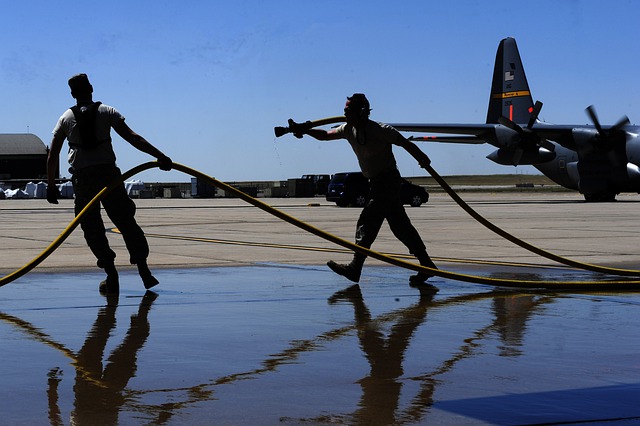
Military Bases Devastated by Water Pollution
As of 2017, 149 military bases have been designated as superfund sites by the Environmental Protection Agency. Many of these bases have been given that designation due to highly unsafe levels of toxins in their water. Keep reading to learn about some of the affected military bases.
Table of Content
Camp Lejeune
This Marine base in North Carolina has had an act named after it due to over a million people being affected by the high levels of toxins in the groundwater on base and in the surrounding community. The act was signed into law and now people who meet the requirements can file Camp Lejeune Toxic Water Claims, which compensate people who got cancer or a variety of other illnesses or issues due to long-term exposure to the toxins that they consumed by drinking tap water.
Wurtsmith
This Air Force Base in Michigan was closed in 1993, and the surrounding community has had to deal with issues related to water pollution for over 30 years. From over 400 wells on the base itself to the rivers in the community off-base, the water is riddled with chemicals that were dumped unsafely. Upon learning of the issue, it was first thought that the contamination would be relatively localized and would not spread very much. However, because of the carelessness in the waste disposal process, the community surrounding Wurtsmith has been devastated, as they depend on tourism and the tourists no longer want to have anything to do with water activities, which make up the bulk of the tourism itineraries.
Fort Ord
This Army Base in California was also closed in 1993, but it was on the EPA’s list of most polluted places in the nation three years before that in 1990. The water was polluted by toxins and poisons from grenade detonations that were washed into tanks that then leaked into the water supply. Since the levels of toxins were not enough to give people immediate poisoning, they did not think that the water was unsafe to drink. It was not until veterans who served at Fort Ord started reaching out to one another on social media that they discovered that almost everyone who had served at the base, as well as some of their family members, suffered from various diseases, including a variety of cancers, most likely caused by the water pollution.
There are many things to be done before the polluted military bases can be considered safe to live on. It has been said that each site costs millions of dollars to clean up, and the communities surrounding the bases have been hearing promises of cleanup for decades without much cleanup actually being done. While it is uncertain whether all of them will be cleaned up, and if so, when they will be cleaned up, the problems will not go away on its own. Keep this article in mind, and if you are serving in the military, make sure to research the base you are being assigned to so you know the risks of living there beforehand.


